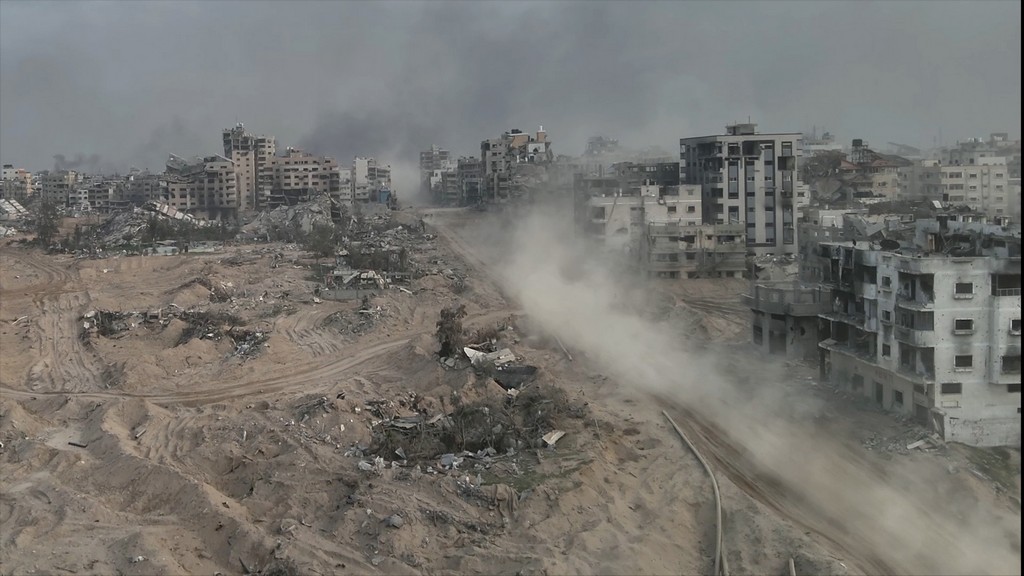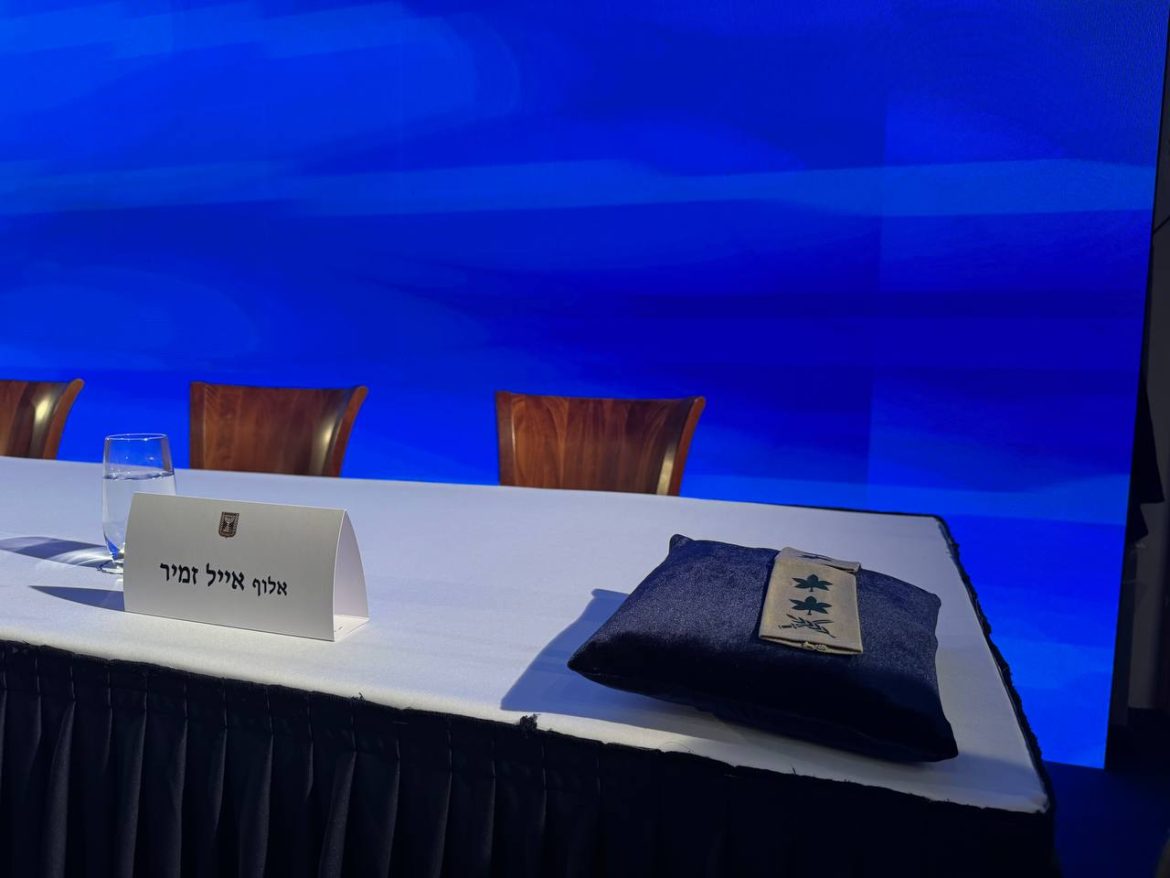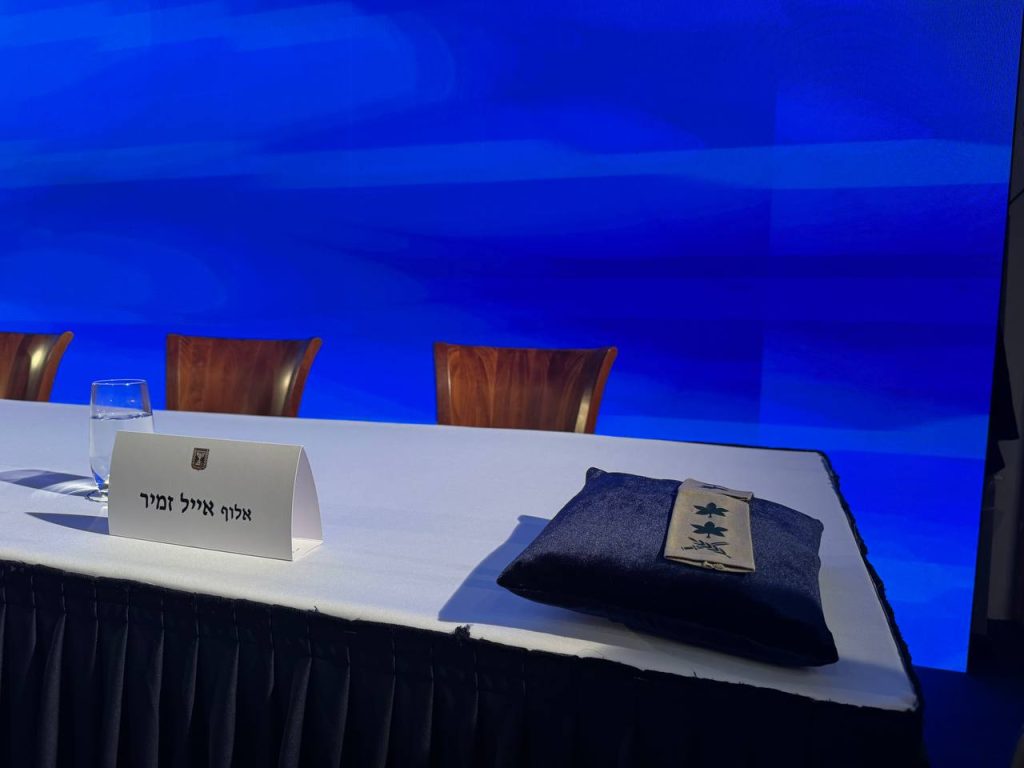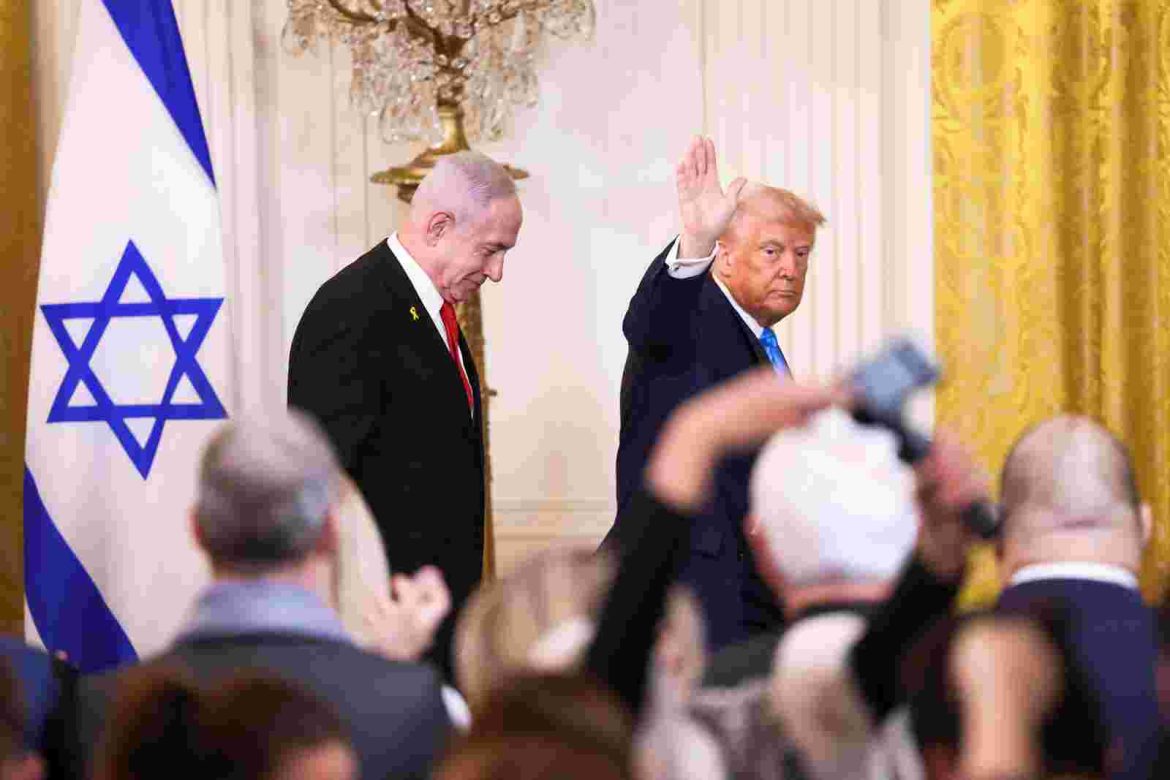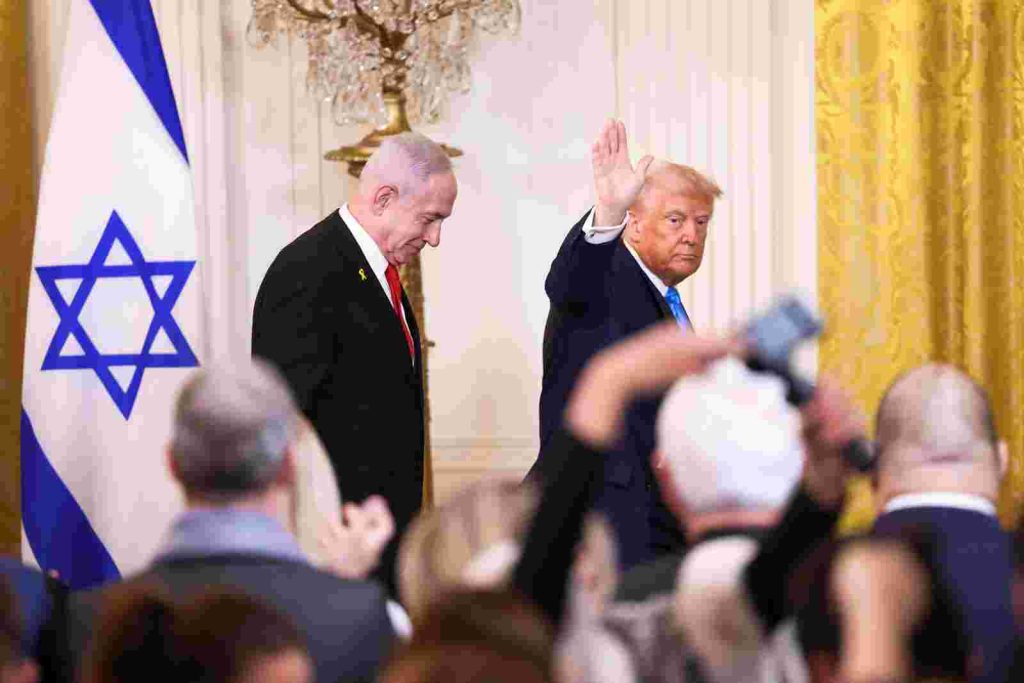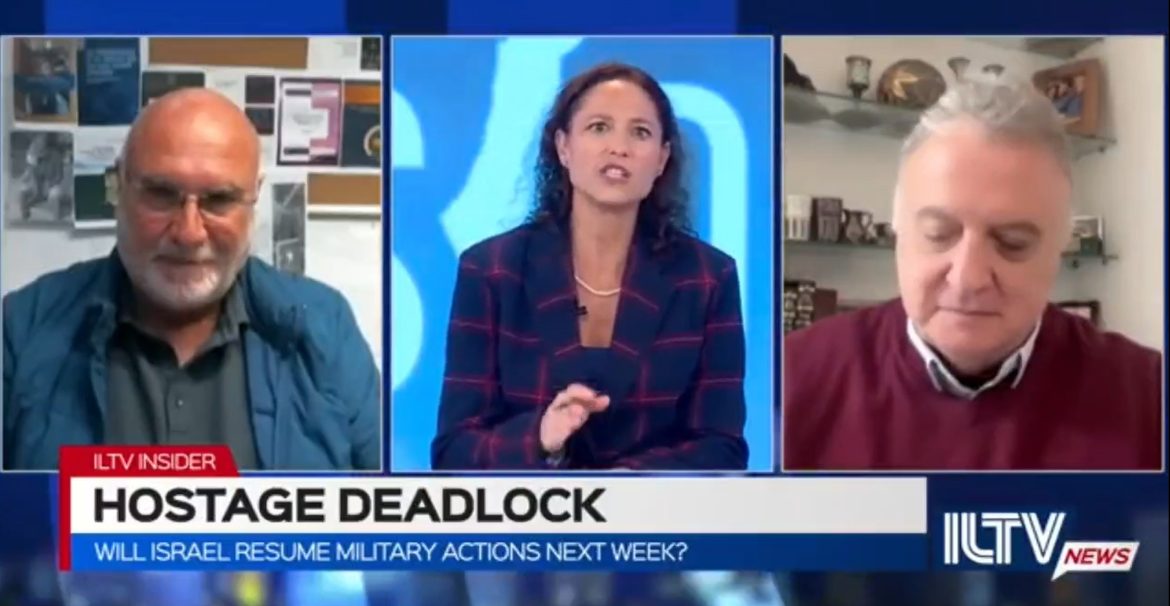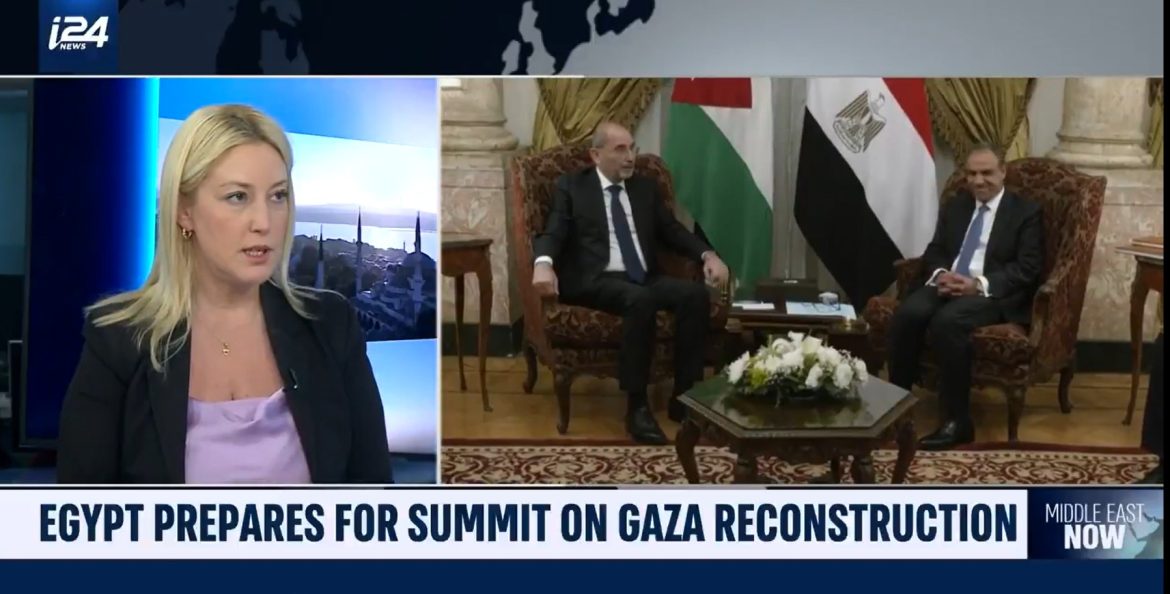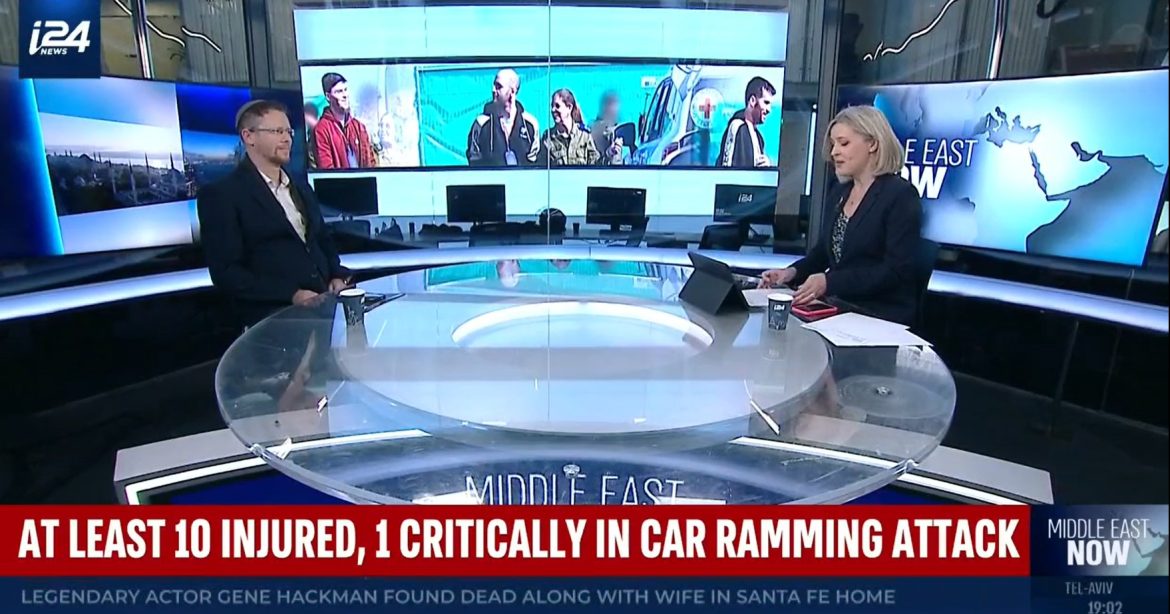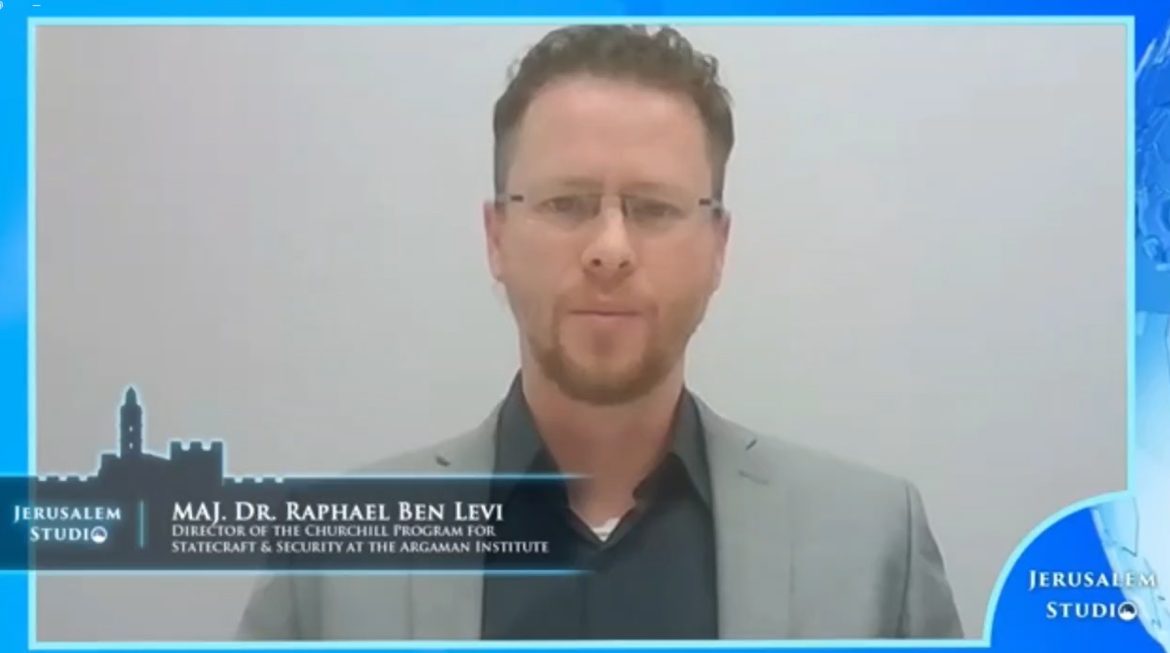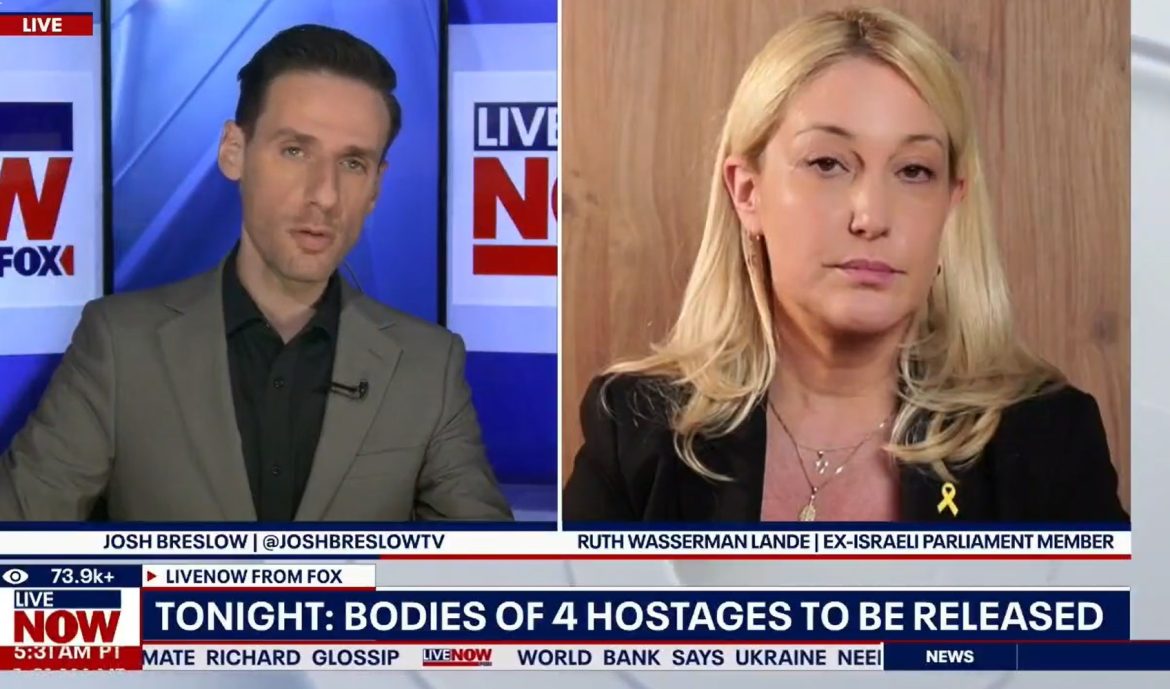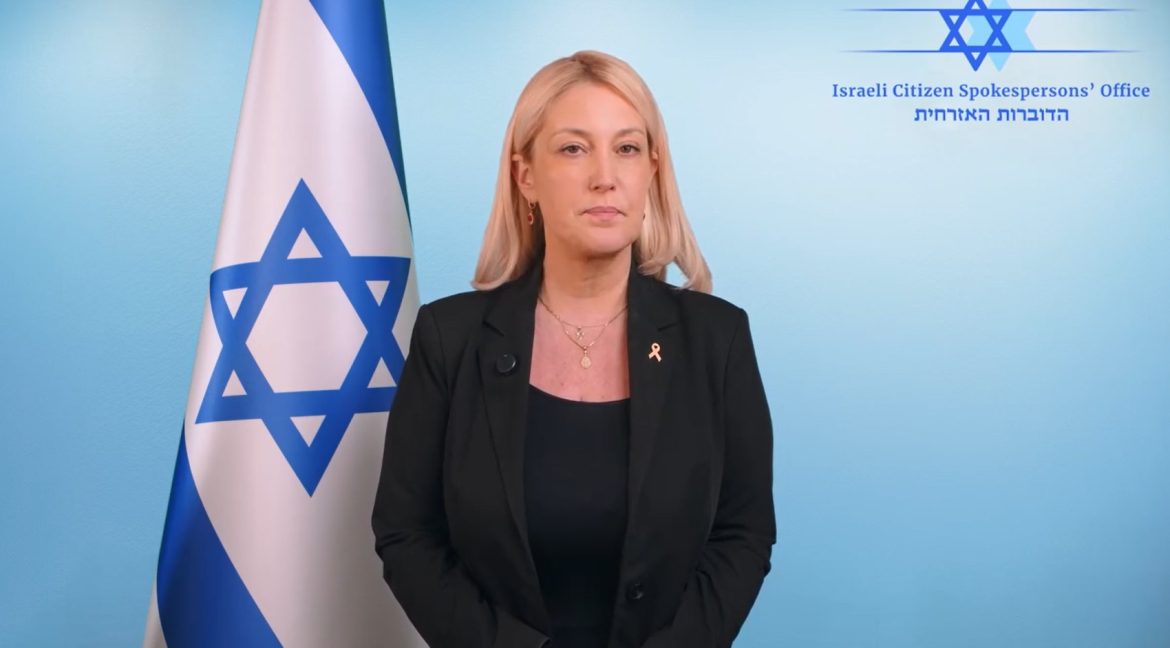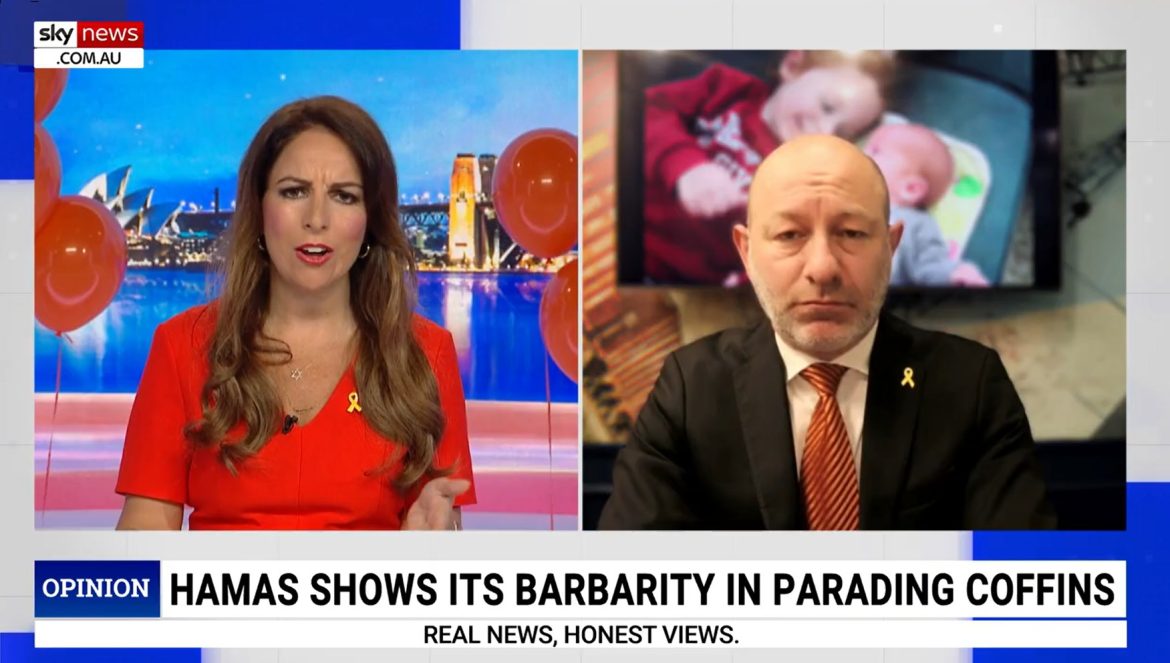Prof. Kobi Michael: Trump has freed Israel of all of the reins and restrictions. Israel is being given all the legitimacy to conquer the whole of the Gaza Strip, impose military rule, and evacuate civilian population from there. Trump is willing to let Israel do this, taking into account the dire consequences for Gaza, while letting Israel use extensive amounts of force.
Israel and Hamas’ end games can never be reconciled. “ven if Israel is willing to release an even greater number of Palestinian prisoners in exchange for more hostages and would agree to stop the war, it cannot accept the continued presence of Hamas in Gaza.
Published in The Media Line, March 8, 2025.
